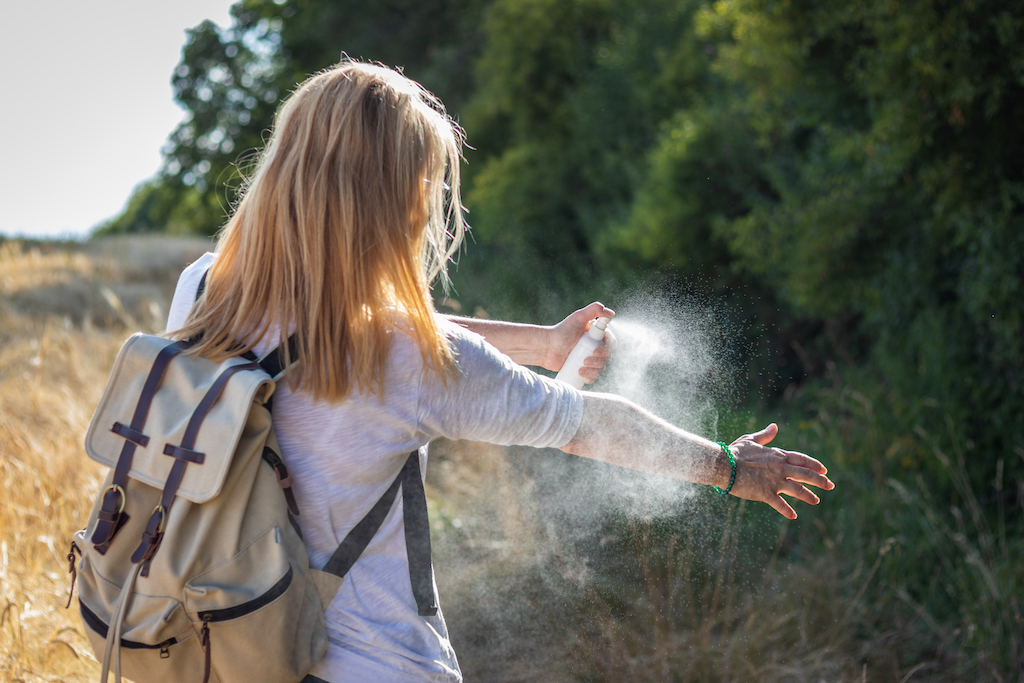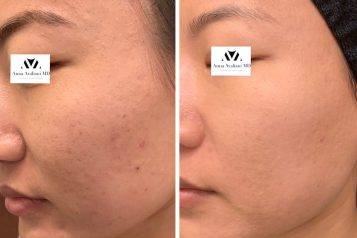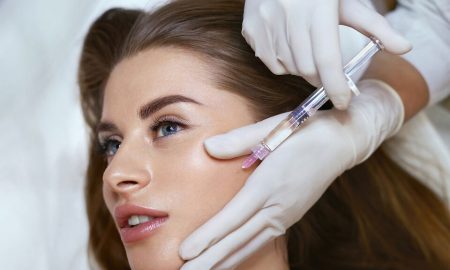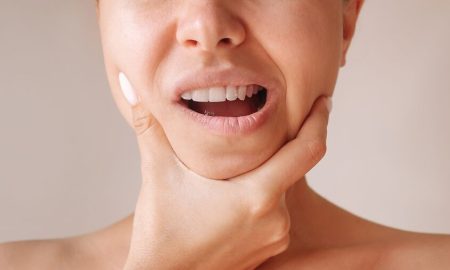
Summer is fast approaching, and with it comes the pesky problem of even more mosquitoes than usual. With the humidity soaring, mosquitoes seem to be everywhere, and battling them can be a real struggle. We've all experienced waking up with itchy bites all over our legs, but imagine being severely allergic to them. Unfortunately, mosquito allergies are more common than many people realize. But don't worry, Haute Beauty expert Dr. Dina D. Strachan is here to help. As someone who has dealt with mosquito allergies her whole life, she has a wealth of knowledge to share on how to survive the great outdoors with severe mosquito allergies.
How to Identify a Mosquito Bite
Mosquito bites can easily be mistaken for other types of insect bites. However, a few signs can help you identify a mosquito bite. They are urticarial, appearing as raised, red, and round bumps on the skin. the bites often have a central white spot or a small blister, which can be itchy and uncomfortable. This sensation can last for a few days.
Effective Medications for Mosquito Allergies
Antihistamines: Over-the-counter antihistamines such as fexofenadine, cetirizine, and loratadine can help relieve itching and swelling caused by mosquito bites. These medications work by blocking the release of histamine, which is responsible for the allergic reaction. Benadryl is another antihistamine that can be effective, but it may cause drowsiness.
Topic Steroids: Hydrocortisone cream can help reduce inflammation and itching caused by mosquito bites. Prescription-strength topical steroids are strong and can provide more relief for severe reactions.
Salt: Rubbing salt into a mosquito bite can help relieve itching and swelling. Salt has a natural antiseptic property that can help reduce inflammation and irritation.

Managing Allergy Symptoms While Abroad
The presence and severity of mosquito problems can vary depending on a variety of factors such as geographic location, climate, and the amount of standing water available for breeding. While traveling or in areas where mosquitoes are prevalent, there are ways to manage your symptoms and protect yourself from mosquito bites, including:
- Avoid getting bitten. Wear protective clothing, use mosquito repellent, avoid outdoor activities during peak mosquito hours (dawn and dusk), purchase mosquito nets, and consider staying indoors.
- Prevent the reaction with an oral antihistamine. If you have a history of severe allergic reactions to mosquito bites, it is a great idea to carry oral antihistamines with you when traveling.
- Treat the reaction with topical steroids. Make sure to bring a topical steroid with you when traveling. This way, you can quickly treat an allergic reaction that may occur. Apply twice a day for up to two weeks.
By taking these steps, you can help manage your allergy symptoms and reduce the risk of getting bitten by mosquitoes.
Triggers That Can Increase Your Risk of Allergies
There are different species of mosquitos that can affect a person differently due to the varied proteins in the saliva. For example. Aedes mosquitoes are known to be more aggressive and cause a person to experience more severe reactions.
























